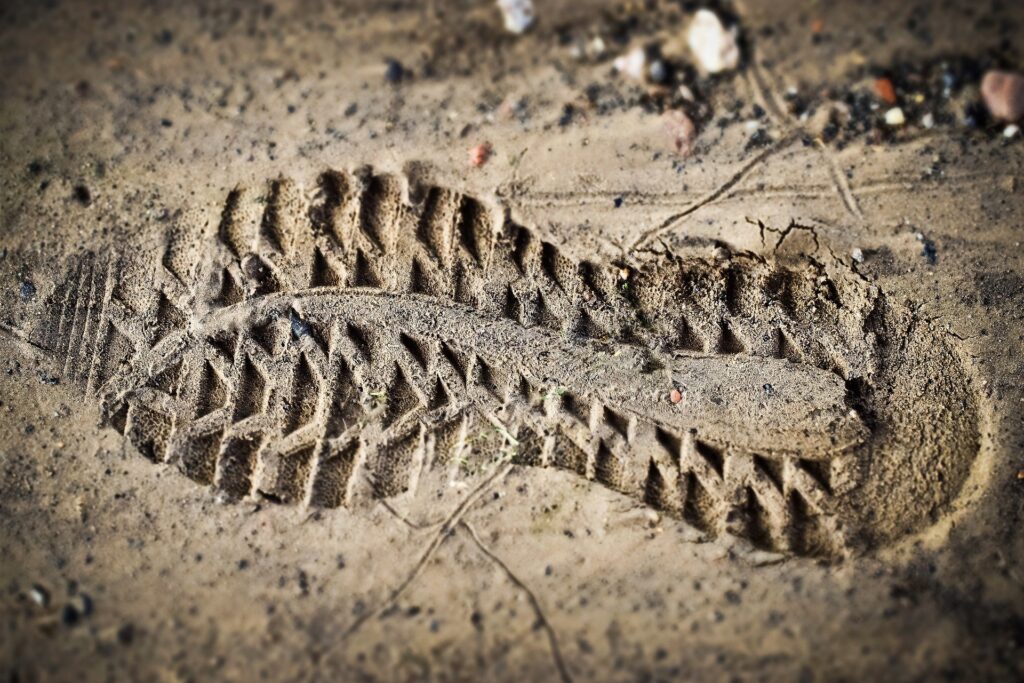Soil bacteria can play a key role in the removal of air pollution as well as the regulation of climate change, a recent study published in the Nature Microbiology journal has found.
Naturally, microorganisms in the soil exist in a dormant state. However, at Queen Mary University of London, researchers who analysed these soil microorganisms found that over 70% of soil bacteria is capable of living off the small quantities of hydrogen, carbon monoxide, and methane in the air. This has the potential to aid in the removal of atmospheric pollution and regulate climate change.
This new insight will give researchers the opportunity to explore how diverse and constructive soils can be, and how adaptable microorganisms can be in various environments in order to survive.
Dr. James Bradley, co-author of the study, stated: ‘‘We commonly think of organic carbon being the primary source of energy to soil microbes. Our research shows that in fact, these soil microbes use trace gases such as hydrogen to meet their energy needs.
‘The reaction of hydrogen and oxygen releases a lot of energy, enough that it is commonly used in aerospace engineering to propel rockets into orbit. We now know that these alternative reactions are prevalent among soil microbes and supply at least enough energy to meet their basic energy needs.’
Dr. Sean Bay, of the Biomedicine Discovery Institute at Monash University in Australia, considered the implications from understanding bacteria in this research. Bacteria with the metabolic flexibility to use both organic and inorganic energy sources are likely to have a selective advantage in soil environments.
‘Our research is reshaping our understanding of how the dormant majority survives in soils, showing that its survival depends on a previously unrecognised metabolic flexibility,’ Dr. Bay explained.
‘The observation that trace gases may sustain most soil bacteria has broad implications for understanding how bacteria shape the composition of the air we breathe, and for understanding microbial biodiversity and resilience in a changing world,’ commented Dr. Eleanora Chiri, also from Monash University’s Biomedicine Discovery Institute.
This research comes after Lancaster University’s global study observing over 25% of topsoil worldwide has a lifespan of less than a century, as a result of human-induced soil erosion.




